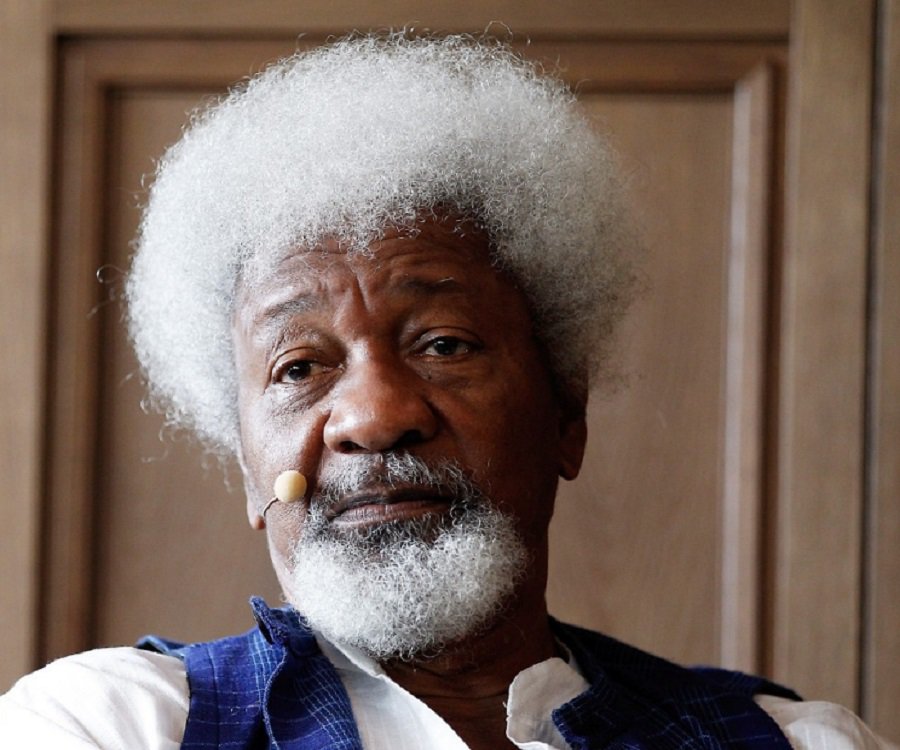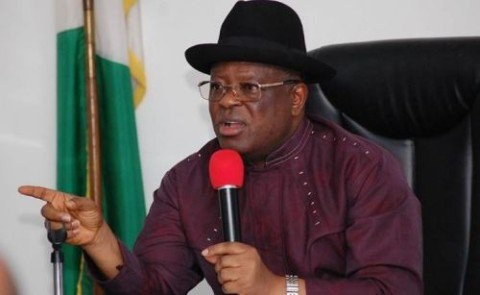
Lived: 21 Feb 1924 – 06 Sep 2019 (age 95) Height: 5′ 11″
Robert Mugabe dies at 95, 2 years after forced out of power
The strongman of Zimbabwe politics, who once cried that the Southern African country belonged to him, Robert Mugabe has died at the age of 95, just a little less than two years after he was forced by the military to resign in November 2017.
After he left the office, Mugabe still fought to control the powers of the state through opposition leader, Nelson Chamisa.
ALSO RED: Chamisa’s defeat means further defeat of Robert Mugabe
But Chamisa was defeated by the ruling ZANU-PF in the August 2018 election.
Technically, Chamisa’s defeat a year ago signalled further defeat of Robert Mugabe. Mugabe took ill almost immediately after the inauguration of President Emerson Mnangagwa and died less than a year after.
The death was announced by his successor, Mnangagwa.
“It is with the utmost sadness that I announce the passing on of Zimbabwe’s founding father and former President, Cde Robert Mugabe,” he wrote on Twitter on Friday, using the abbreviation for comrade. “Mugabe was an icon of liberation, a pan-Africanist who dedicated his life to the emancipation and empowerment of his people. His contribution to the history of our nation and continent will never be forgotten.”
In August, Mr. Mnangagwa had said that Mr. Mugabe had spent several months in Singapore getting treatment for an undisclosed illness.
Mr. Mugabe, the world’s oldest head of state before his ouster in 2017, was the only leader Zimbabweans had known since independence, in 1980. Like many who liberated their countries, Mr. Mugabe believed that Zimbabwe was his to govern until the end. In a speech before the African Union in 2016, he said he would remain at the helm “until God says, ‘Come.’”
Throughout, Mr. Mugabe remained inscrutable, some would say conflicted. Remote, calculating, ascetic and cerebral, a self-styled revolutionary inspired by what he once called “Marxist-Leninism-Mao-Tse-tung thought,” he affected a scholarly manner, bespectacled and haughty, a vestige of his early years as a schoolteacher. But his hunger for power was undiluted.
In an interview with state-run television on his 93rd birthday, in February 2017, Mr. Mugabe indicated that he would run again in presidential elections in 2018.
“They want me to stand for elections; they want me to stand for elections everywhere in the party,” he said. “The majority of the people feel that there is no replacement, successor, who to them is acceptable, as acceptable as I am.”
Mugabe cried and lamented “betrayal by his lieutenants” and pressure from the military and his party after 37 years in power.
Mugabe was scheduled to attend President Emmerson Mnangagwa’s, his former loyalist, inauguration on Friday but he eventually declined, citing weakness as a result of his age. Mugabe chose to watch the inauguration from his home.
Sources within Mugabe’s inner circle was quoted as saying the devout Catholic held a rosary as he told his close associates and a team of negotiators at his “Blue House” Harare mansion that he was resigning. He announced the decision as parliament heard a motion to impeach him.
“He looked down and said ‘people were chameleons’,” one of the sources was quoted as saying.
The state-owned Sunday Mail quoted Father Fidelis Mukonori, a Jesuit priest who is a close Mugabe friend and mediated his resignation with the military, as saying Mugabe’s face “just glowed” after he signed the resignation letter.
“So we are not talking about a bitter man. I told him that it was good for him to see someone running the country…,” Mukonori told the Sunday Mail.
“Mugabe’s fall after 37 years in power was spurred by a battle to succeed him that pitted Mnangagwa, who had stood by him for 52 years, and Mugabe’s wife Grace, who is 52.
The privately-owned Standard newspaper, which has been critical of Mugabe and his government over the years, urged Mnangagwa to “walk the talk on graft”, said Reuters.




Recent Comments